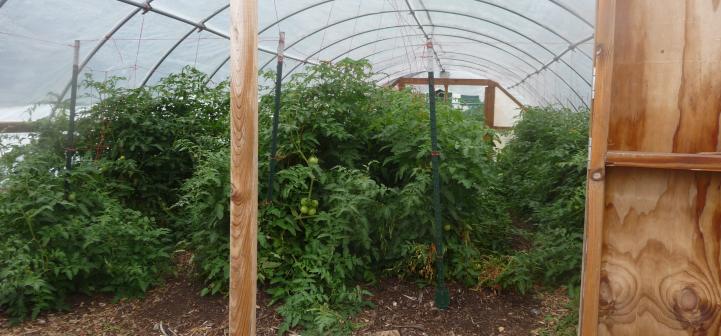Sarah A. Misyak, PhD1*, Meredith Ledlie, MSW1, Mary M. McFerren, EdD1, Kim L. Niewolny, PhD2, Kathryn W. Hosig, PhD, MPH, RD3 & Elena Serrano, PhD.4
Abstract
Photo elicitation is a qualitative research tool in which photographs are used to facilitate dialogue during interviews and focus group discussions. Photo elicitation as a research method is especially suited for the complex nature of food systems work. Food systems researchers and practitioners

